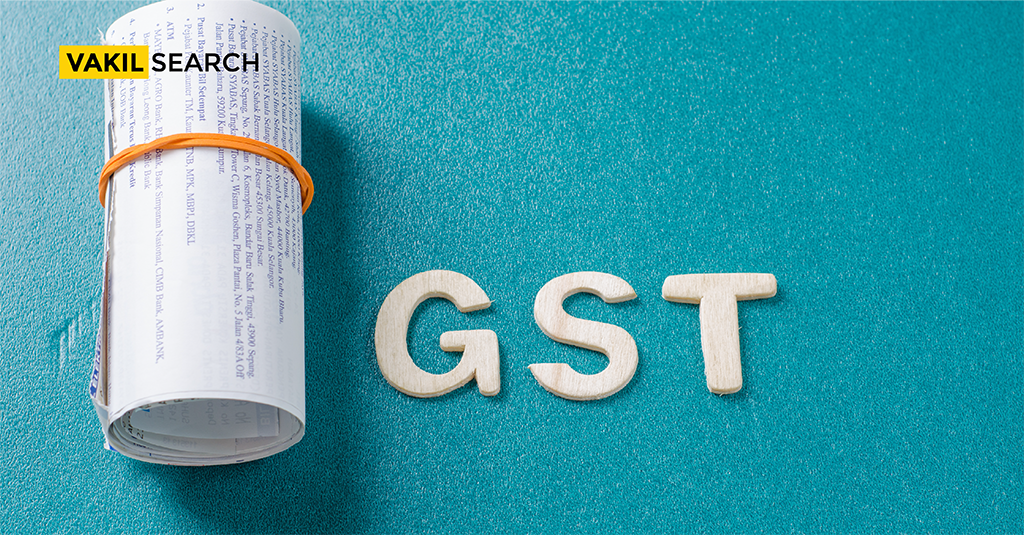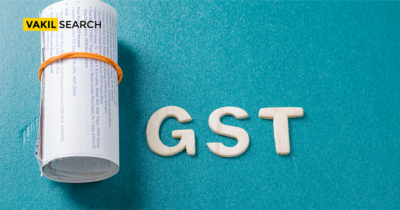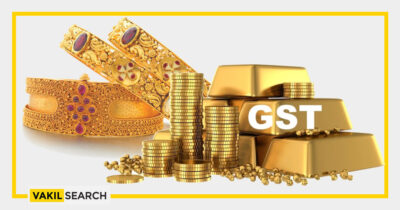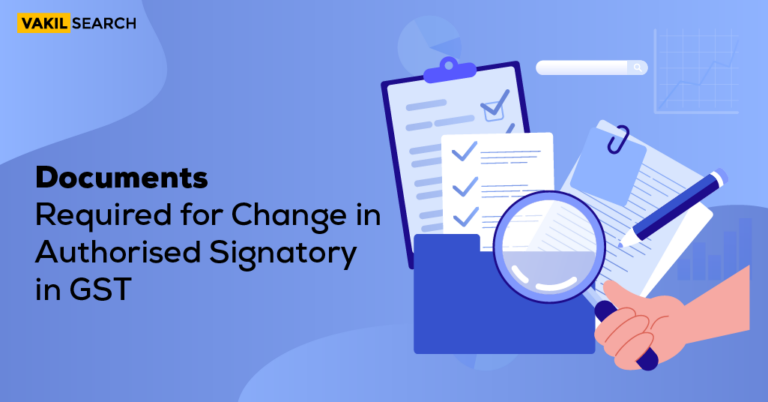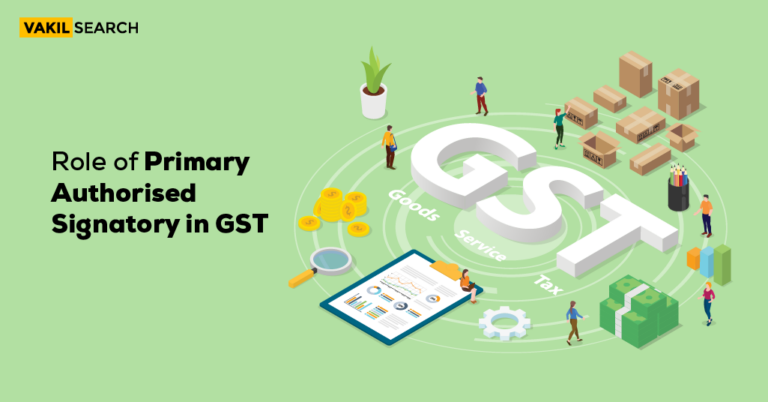On the internet marketplace, sellers selling taxable items would be required to produce a GST number.
On the internet marketplace, sellers selling taxable items would be required to produce a GST number. You incorporate your store online as, without registering your business for GST, you won’t be able to sell on big marketplaces like Amazon, Snapdeal, or Flipkart. E-commerce operators who operate on the internet marketplace collecting consideration with respect to taxable online sales made by the Seller on the marketplace are required to collect an amount equal to 1% of the net value of taxable sales beginning 1 October 2018. This sum is known as ‘Tax Collection at Source,’ and it is supposed to be remitted to the government on a monthly basis. Sellers will be able to use the TCS credit to reduce their output tax liability for Goods and Services Tax (GST). As a result, regardless of the sales level, sellers offering taxable products and services through an online marketplace will be obliged to New GST Registration Online. In this blog, let’s see how to sell products without gst number in India.
However, the government has exempted some items from GST, which are referred to as exempted supply and do not incur GST. Books, maps, plastic bangles, and some designated handicraft goods are examples of GST exempted products. To find out which items are GST-free, go to the GST portal: https://reg.gst.gov.in/registration/. You might also contact the consultants at Vakilsearch who are GST service providers for information on the same.
Products You Can Sell Online Without GST
A list of GST-exempted goods in India may be found in the following section:
- Fresh and dry vegetables like potatoes, onions, and other leguminous vegetables.
- Fish, egg, fresh milk, etc.
- Grapes, melons, ginger, garlic, unroasted coffee beans, green tea leaves that are not processed, and more.
- Food items that are not put into branded containers like rice, hulled cereal grains, wheat, corn, etc.
- Components like human blood.
- Unspun jute fibers, raw silk, khadi fiber, etc.
- Hearing aid manufacturing parts, chalks, slates, handloom, etc.
Precision at your fingertips – Explore our GST Calculator for accurate financial projections.
A Variety of Services Such as the Following Are Also Excluded From the GST:
- Harvesting, packing, storage, cultivation, supply, and leasing of machinery are all examples of agricultural services that are GST-free. The raising of horses is an exception to these exempted services.
- Public transit, auto-rickshaws, metered cabs, metro, and other modes of transportation are available.
- Outside of India, agricultural produce and goods are transported.
- Farm labor is plentiful.
- Transportation of goods for a fee of less than ₹1500.
- Retail packaging, pre-conditioning, waxing, and other services are available.
- Diplomatic and government services in other countries.
- Mid-day meal catering, VET clinics, paramedics, and other healthcare and educational services Ambulance and charitable services are likewise free from GST.
- RBI, IRDAI, Central and State Governments, NPS, and others provide services.
- Under the Pradhan Mantri Jan-Dhan Yojana, banking services such as Basic Saving Bank Deposit (BSBD).
- Furthermore, services are associated with religious events, sports organizations, tour guides, and libraries.
Situations where businesses are not required to obtain a GST registration
Certain individuals and businesses are not required to register for GST, and this exemption applies to:
- Agriculturists (Farmers eligible for GST Exemption)
- Entities with an annual turnover below INR 40 lakhs for goods and INR 20 lakhs for services (or INR 20 lakhs and INR 10 lakhs for specified categories)
- Individuals providing NIL-rated or fully exempt goods and services
- Individuals involved in activities not falling under the scope of the supply of goods and services
- Individuals supplying goods covered by the reverse charge mechanism.
What are the services excluded from GST?
Several services are exempt from GST, encompassing a variety of sectors. The following is a comprehensive list of services that enjoy GST exemptions:
-
Agricultural Services:
– This category includes a broad range of services like harvesting, packaging, warehousing, cultivation, and machinery leasing, excluding horse rearing.
-
Public Transportation Services:
– Services provided by auto-rickshaws, metered cabs, and metro services are exempt from GST.
-
Export of Agricultural Products and Goods:
– Transportation of agricultural products and goods beyond India’s borders is GST-exempt.
-
Labor Supply for Farming:
– Services involving the supply of labor for agricultural purposes are exempt from GST.
-
Goods Transportation:
– Goods transportation services are exempt from GST when the transportation charges are below Rs. 1500.
-
Retail Packing and Pre-conditioning:
– Services such as retail packing, pre-conditioning, and waxing are included in the GST exemption.
-
Diplomatic and Government Services:
– Foreign diplomatic and government services are not subjected to GST.
-
Healthcare and Educational Services:
– This category includes mid-day meal catering, VET clinics, paramedics, ambulance services, and charitable healthcare services.
-
Services by Regulatory Bodies:
– Services provided by entities like the Reserve Bank of India (RBI), Insurance Regulatory and Development Authority of India (IRDAI), Central and State Governments, and the National Pension System (NPS) enjoy GST exemption.
-
Banking Services:
– Banking services, especially the Basic Savings Bank Deposit (BSBD) account operable under the Pradhan Mantri Jan-Dhan Yojana (PMJDY), are exempt from GST.
-
Services Related to Religious, Sports, and Libraries:
– Services associated with religious ceremonies, sports organizations, tour guides, and libraries are also covered under GST exemptions.
GST on ecommerce sellers
The requirement for GST registration for e-commerce sellers depends on the nature of the goods or services they supply:
-
Goods Suppliers:
– GST is applicable to suppliers of goods, and there is no turnover threshold for exemption. Therefore, e-commerce sellers dealing with goods are required to register for GST, regardless of their turnover.
-
Service Suppliers:
– For suppliers of services, GST is applicable if their turnover exceeds Rs 20 lakhs. However, there are exemptions for certain service providers mentioned under section 9(5) of the CGST Act. These exemptions include:
– Passenger transportation providers through e-commerce operators (e.g., Uber, Ola).
– Hotel service providers through aggregator platforms (e.g., Yatra.com), except where the service provider is liable for registration under Section 22(1) of the CGST Act.
– Providers of housekeeping services (plumbing, carpentry, etc.) through aggregator platforms (e.g., Urban Company), except where the supplier is liable for registration under Section 22(1) of the CGST Act.
– Restaurant service providers, excluding services provided by restaurants, eating joints, etc., located at specified premises offering hotel accommodation with a declared tariff value exceeding Rs.7,500 per unit per day or equivalent.
-
Registration for Applicable Sellers:
– Sellers falling under the categories where GST is applicable must register under GST as a regular taxpayer. Additionally, such sellers need to register themselves as regular taxpayers and cannot opt for the composition scheme.
Also, Read:


